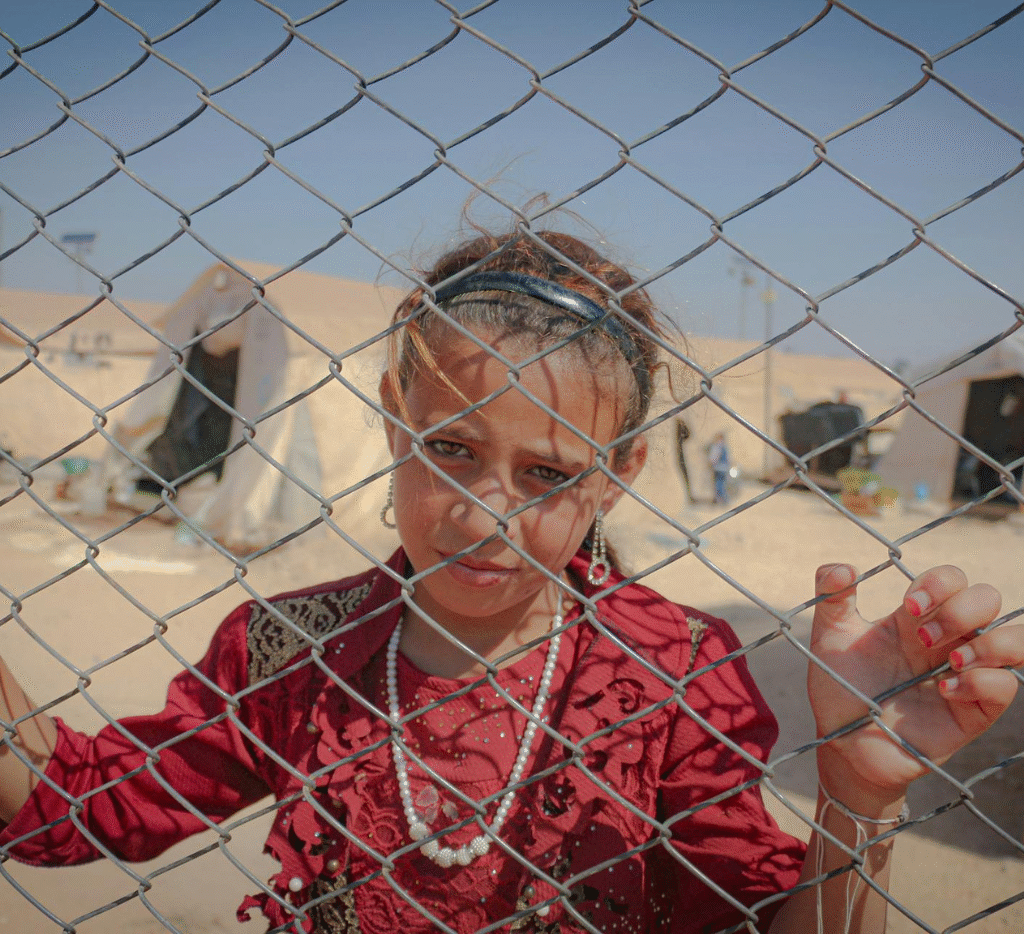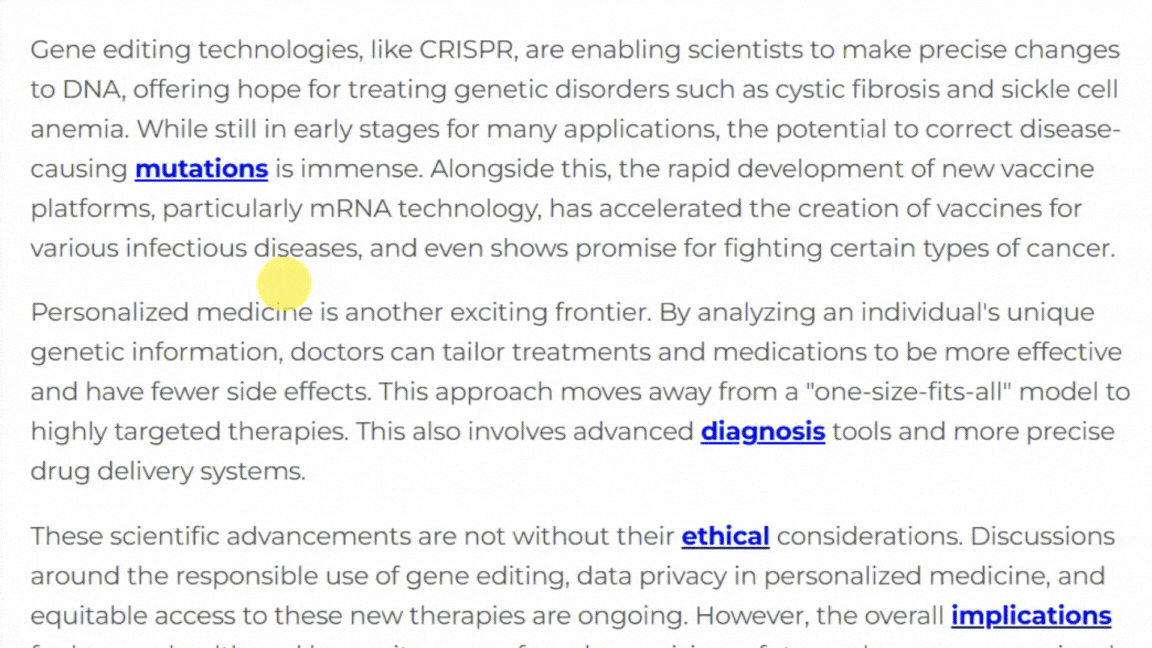Amber Talk
Enhance Your Conversation
Amber Talk
Enhance Your Conversation

Global Refugee
Breaking News
Listen
Scroll Down For Speaking Practice. Click ‘Practice Speaking Now’ to start.
Read
The world is currently facing significant challenges related to global refugee and migration. Conflicts, political instability, and climate change are forcing an increasing number of people to become displaced from their homes. This global phenomenon puts immense pressure on host countries and international organizations trying to manage these complex flows and provide essential aid.
Many individuals and families undertake dangerous journeys seeking safety and a better life. They often face severe hardships, including lack of food, water, shelter, and medical care. International efforts to provide humanitarian aid are constant, but they frequently encounter obstacles. These include limited funding, security risks in conflict zones, and difficulties in gaining access to affected populations.
Different countries have varied policies regarding migrants and refugees. Some nations have open borders and extensive support systems, while others implement strict controls, leading to debates about human rights and national sovereignty. The sheer scale of the crisis means that no single country or organization can handle it alone.
International cooperation is vital. Organizations like the United Nations High Commissioner for Refugees (UNHCR) work to protect refugees and assist in their voluntary repatriation, local integration, or resettlement in third countries. However, the lack of coordinated global strategies and consistent funding remains a significant hurdle. Addressing the root causes of displacement, such as conflict and climate change, is equally important for long-term solutions to these complex and pressing global issues.
Let's Talk About It!
- 1. What causes people to become refugees or displaced from their homes?
- 2. What challenges do refugees face when they arrive in a new country?
- 3. How can host countries support refugees to help them integrate into society?
- 4. Do you think all countries have a responsibility to accept refugees? Why or why not?
- 5. What is the difference between a refugee and an economic migrant?
- 6. How do climate change and natural disasters contribute to migration?
- 7. What role do international laws and agreements play in protecting displaced people?
- 8. How can we ensure humanitarian aid reaches those who need it most in crisis zones?
- 9. What are some common misconceptions people have about refugees?
- 10. How can education help children who have been displaced by conflict?
Article Vocabulary Instructions
Click to Enlarge
